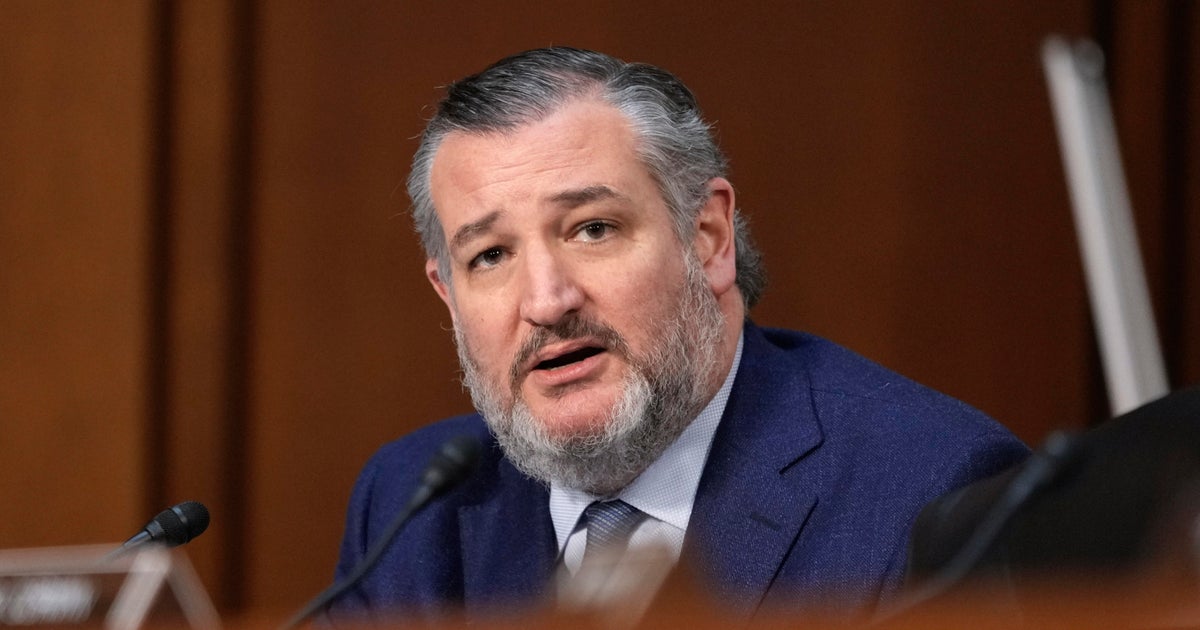South Park Takes on Freedom of Speech and Consequences

Introduction
After a turbulent few weeks in the United States, 'South Park' returned Wednesday with some fresh jabs at current events. One of the main targets of the latest episode was Federal Communications Commission chairman, Brendan Carr, who was put in the hospital. The episode centered on the issue of freedom of speech and the consequences of speaking out against those in power. This has been a hot topic in the country recently, with many people feeling their rights are being threatened.
Key Details
In the episode, Carr is portrayed as being hospitalized after voicing his opinions on a controversial issue. This is a clear reference to the recent events in the United States where many public figures have been met with backlash for their statements. The satire in 'South Park' is known for its ability to tackle sensitive topics in a humorous way, and this episode is no exception. It highlights the importance of freedom of speech and the potential consequences of speaking out against those in power.
Impact
The episode serves as a reminder of the importance of freedom of speech in a democratic society, and the potential consequences of speaking out against those in power. It also sheds light on the need for open and respectful discourse, especially in a time where tensions and divisions are high. This episode is a testament to the power of satire in bringing attention to important issues and sparking meaningful discussions. As 'South Park'
About the People Mentioned
Brendan Carr
Brendan Thomas Carr (born January 5, 1979) is an American lawyer and government official currently serving as the chair of the Federal Communications Commission (FCC) since 2025. He has been an FCC commissioner since 2017, having been nominated by President Donald Trump and confirmed unanimously by the Senate. Carr holds a degree in government from Georgetown University and a law degree from the Columbus School of Law (2005). Before joining the FCC, he worked in private legal practice and served as an advisor to then-commissioner Ajit Pai. Carr's tenure at the FCC has been marked by a focus on deregulation and advancing U.S. leadership in telecommunications infrastructure, particularly in expanding 5G networks. He has championed reforms aimed at reducing regulatory barriers to accelerate the deployment of next-generation wireless technologies and broadband access, emphasizing rural connectivity and workforce development for technical roles related to network buildout. Carr has also taken a strong stance on regulating Big Tech, expressing concerns about the market power of social media companies and advocating for government oversight to prevent perceived viewpoint discrimination on these platforms. After becoming FCC chair following President Trump's second inauguration in 2025, Carr has pursued efforts to broaden the FCC's public-interest mandate, including scrutinizing corporate diversity, equity, and inclusion policies and influencing media mergers such as the Skydance Media and Paramount Global deal. His actions and comments on media content, including the suspension of *Jimmy Kimmel Live!*, have attracted public attention and some criticism. Carr is also noted for his involvement in national security discussions related to Chinese technology firms like TikTok and Huawei, reflecting a broader policy focus on technological competition and regulatory approaches favoring market-driven solutions over heavy-handed government intervention[1][2][3].
About the Organizations Mentioned
Federal Communications Commission
## Overview The Federal Communications Commission (FCC) is the independent U.S. federal agency responsible for regulating interstate and international communications by radio, television, wire, satellite, cable, and broadband[1][3][5]. Established by the Communications Act of 1934, the FCC replaced earlier regulatory bodies to oversee the rapidly expanding communications landscape, ensuring that Americans have access to rapid, efficient, and nationwide communication services at reasonable rates[1][3][4]. ## Structure and Leadership The FCC is governed by five commissioners appointed by the President and confirmed by the Senate, with one designated as chair[1][4]. The agency is organized into six operating bureaus and ten staff offices, each handling specific regulatory, enforcement, and support functions[1]. The FCC’s annual budget exceeds $380 million, and it employs over 1,400 federal personnel[3]. ## Core Functions The FCC’s primary mission is to manage the electromagnetic spectrum—allocating frequencies, assigning licenses, and preventing interference—while promoting competition, innovation, and investment in broadband and communication services[1][3][5]. It enforces rules to protect consumers from unwanted content, ensures privacy, supports public safety and homeland security, and upholds the public interest in media ownership and content standards[2][3][4]. The FCC can issue fines, revoke licenses, and take other enforcement actions against violators[2]. ## Historical Context The FCC’s creation was a response to the need for unified oversight of both common carriers (like telephone and telegraph) and broadcast media (radio, later TV and cable)[1][4]. The Communications Act of 1934 empowered the FCC to regulate in the “public interest, necessity, and convenience,” a mandate that has evolved with technological advances, from radio to the internet and beyond[2][3][4]. ## Key Achievements - **Spectrum Management:** The FCC has played a central role in opening up spectrum for new technologies


















